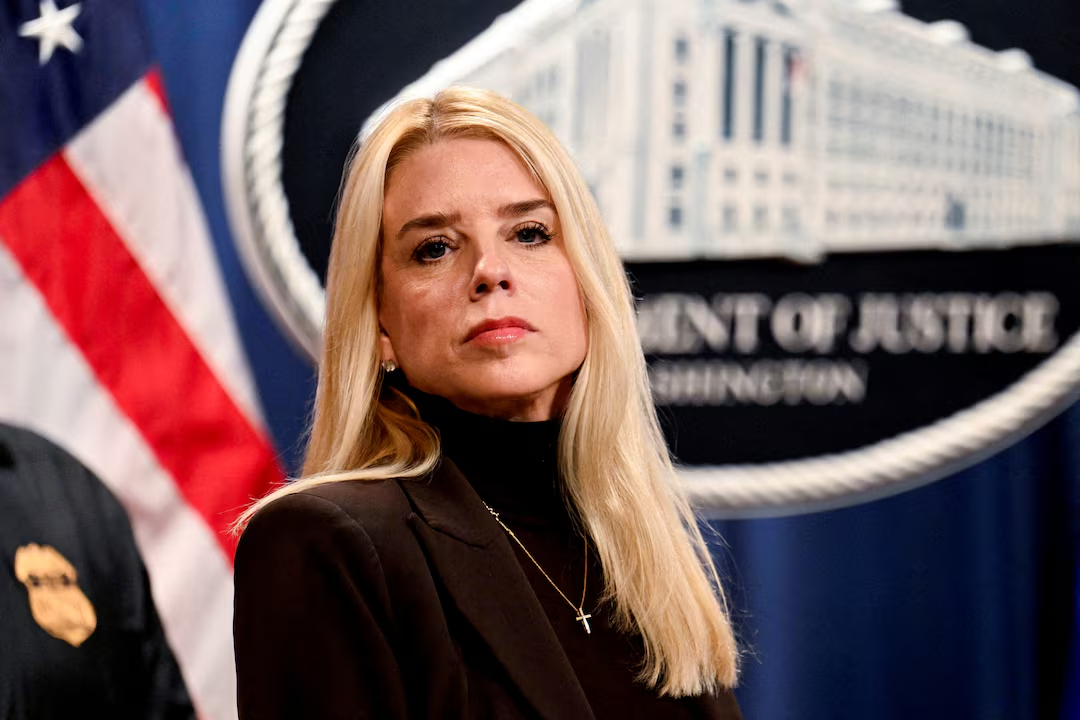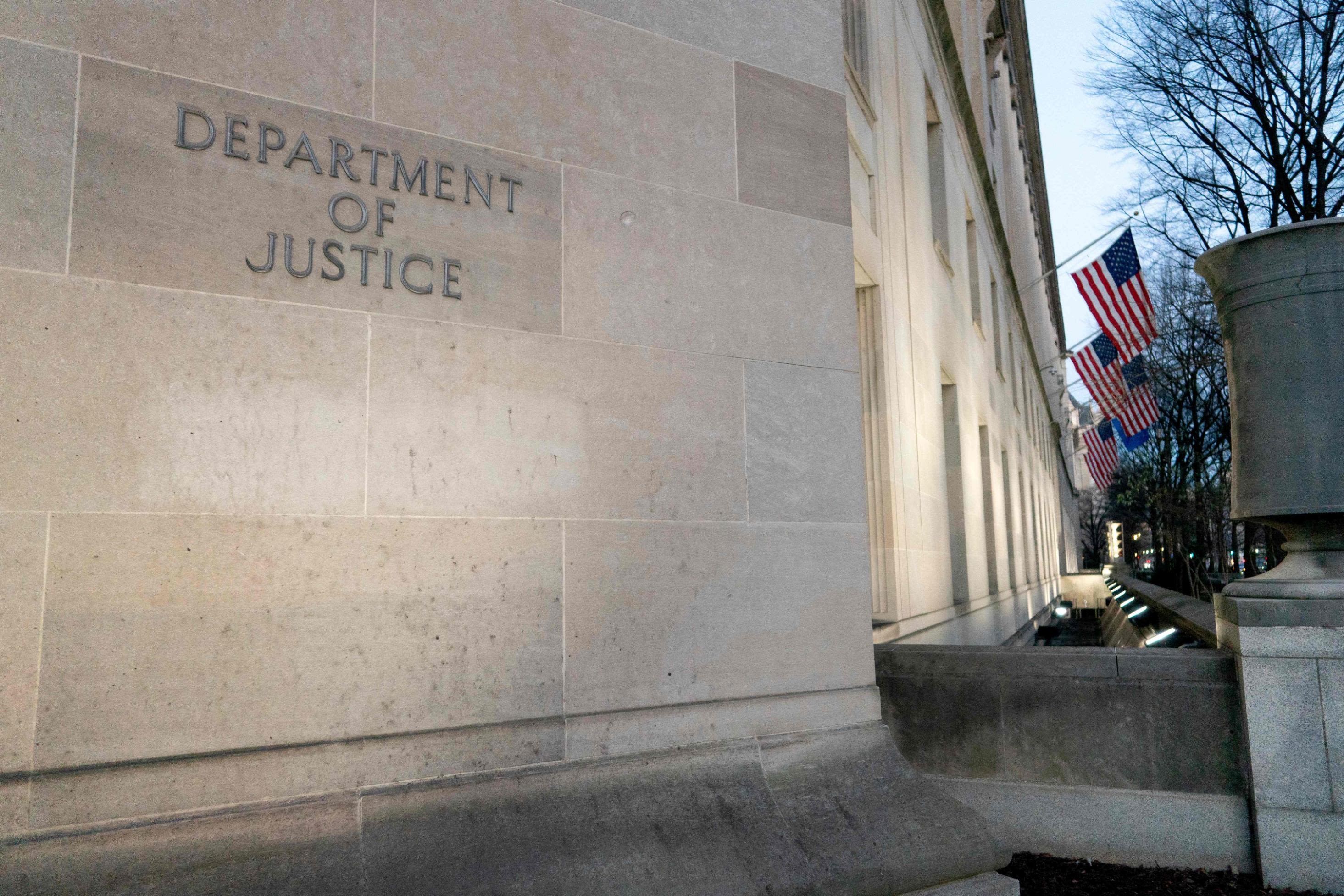In a shocking twist within the Trump administration, President Donald Trump has publicly defended Attorney General Pam Bondi amid a firestorm of backlash from his own base regarding the handling of the Jeffrey Epstein files. This latest episode reveals not only the fractures within the MAGA movement but also raises critical questions about transparency and accountability in a system that consistently favors the powerful over the marginalized.
Trump"s Unwavering Support for Bondi
On July 12, Trump took to Truth Social to express his unwavering support for Bondi, claiming she is doing a "FANTASTIC JOB!" This defense comes as the Department of Justice released a memo declaring that Epstein"s so-called "client list" does not exist, effectively closing the case that Bondi previously hinted would reveal explosive information.
In February, Bondi had assured Fox News viewers that the Epstein files were "sitting on my desk right now to review," suggesting imminent revelations. Yet, just five months later, the DOJ’s memo contradicts her repeated promises, leaving both Bondi and Trump to grapple with the fallout of their earlier claims.
MAGA Base Turns on Bondi
As reported by USA Today, many prominent figures within the MAGA movement are now calling for Bondi"s resignation, accusing her of failing to deliver on the transparency that Trump himself once promised. The discord highlights a significant rift within the ranks of Trump supporters, with some questioning the administration"s credibility.
This growing discontent suggests that when it comes to issues of justice—particularly in cases involving sexual exploitation and abuse—the MAGA base is unwilling to overlook perceived incompetence. The Epstein case, which has long been marred by conspiracy theories and allegations of high-profile cover-ups, has become a litmus test for accountability.

US Attorney General Bondi tells Fox News many judges need to ...
Conspiracy Theories and Distrust
Trump"s assertion that Epstein"s files were concocted by a cabal of Democrats—including former President Obama and Secretary of State Hillary Clinton—only deepens the distrust surrounding the administration"s handling of the case. According to The New York Times, the DOJ memo represents a public pivot away from the conspiracy theories that have been perpetuated by Trump and his allies.
This latest narrative shift raises alarming concerns about the extent to which political machinations can distort the pursuit of justice. It underscores a troubling pattern where the powerful manipulate the truth to protect their interests, often at the expense of victims seeking justice.
Impact on Victims and Survivors
The implications of this situation extend far beyond political infighting. Survivors of Epstein"s abuse have long awaited justice, and the lack of transparency surrounding the investigation into his activities reinforces a culture of silence and complicity. The DOJ"s dismissal of the existence of a client list not only undermines the credibility of those seeking accountability but also diminishes the voices of survivors who have bravely come forward.
As reported by AP News, the Trump administration"s acknowledgment of a lack of evidence for Epstein"s alleged connections with high-profile individuals reflects a broader reluctance to address systemic issues of exploitation and abuse. This reluctance is particularly troubling in an era where calls for justice and accountability have grown louder.

Justice Department closes in on documents subpoenaed from GOP ...
The Role of the Justice System
The ongoing struggle for transparency within the Epstein case serves as a microcosm of the larger fight for justice reform. The current administration"s failure to uphold its promises further illustrates the need for systemic change within our justice system—a system that often prioritizes political allegiances over the pursuit of truth.
The repercussions of these developments signal a critical moment for advocates of social justice to amplify their voices and demand accountability. As the MAGA movement grapples with its internal conflicts, it is vital to remember that the quest for justice is not merely a political issue but a human one that affects real lives.



![[Video] Gunfire between Iraqi security forces and Sadr militias in Baghdad](/_next/image?url=%2Fapi%2Fimage%2Fthumbnails%2Fthumbnail-1768343508874-4redb-thumbnail.jpg&w=3840&q=75)
